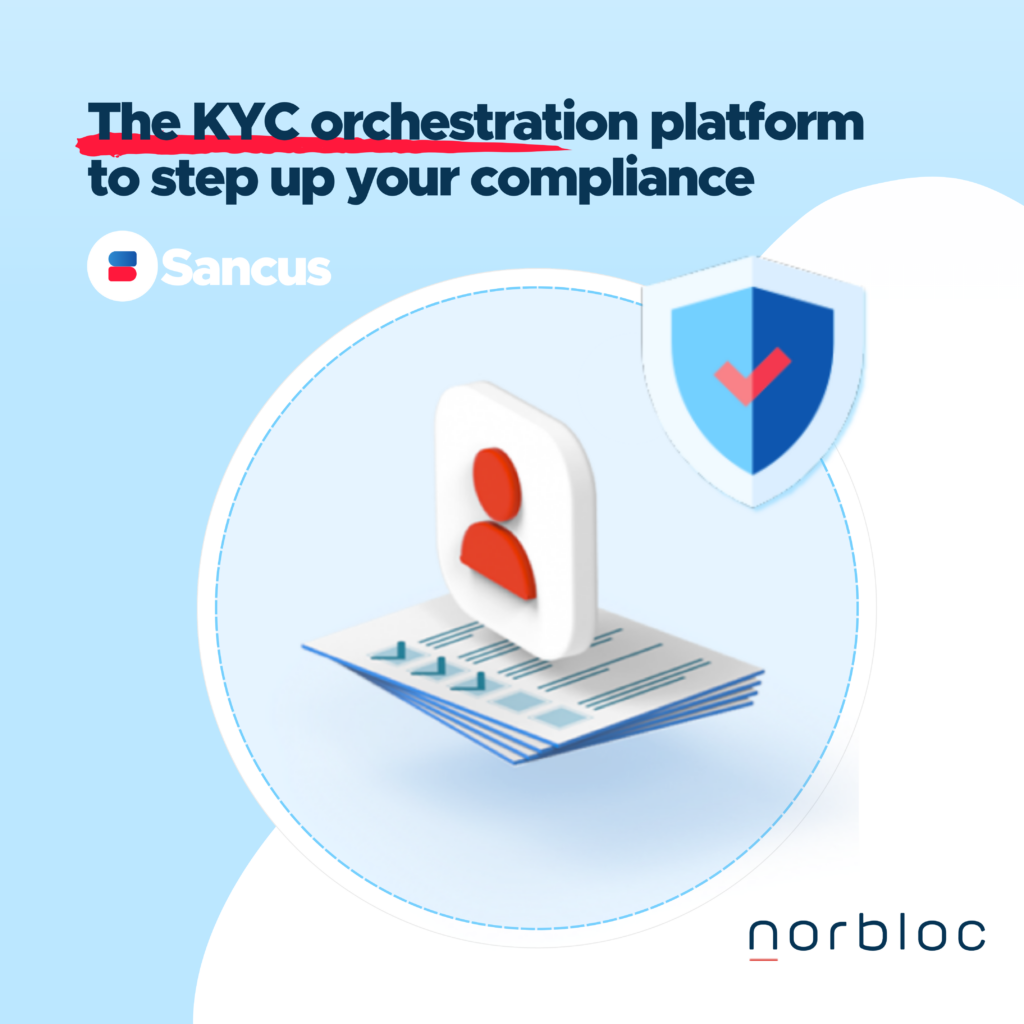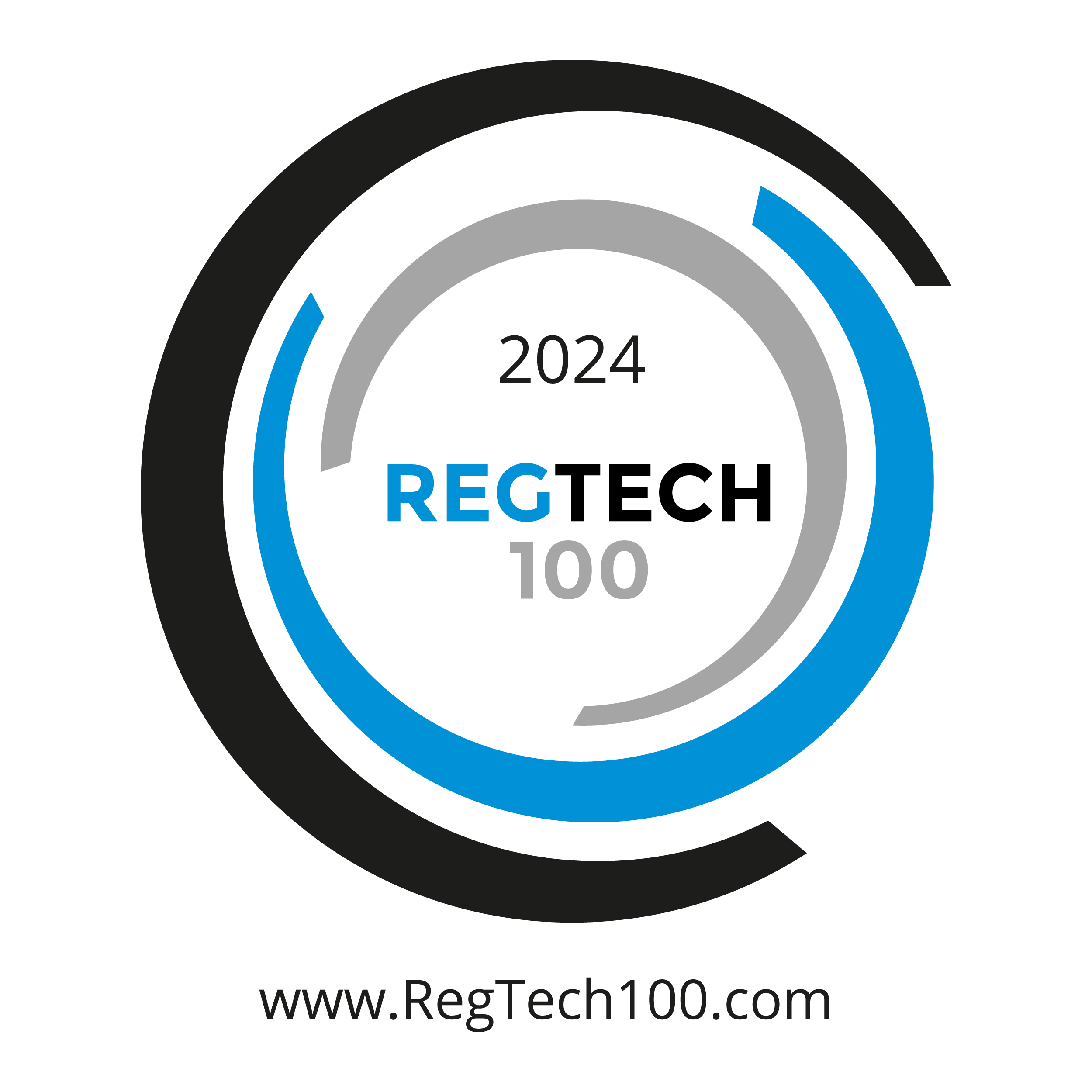In the ever-evolving landscape of legal regulations, it’s imperative for law firms to stay aligned with the latest requirements to ensure compliance. Navigating the KYC landscape can be complex, but understanding and adhering to requirements are essential for law firms to operate within the bounds of law and maintain the trust of their clients.
Luckily, law firms can take advantage of technology and digital solutions to guarantee adherence to customer due diligence (CDD) requirements, while making their lives easier and offering a smooth client experience.
Let’s get into it.
Why is Digital Onboarding Vital for KYC Compliance for Law Firms?
Digital onboarding is essential for KYC compliance for law firms that are looking to enhance efficiency, security and client satisfaction. By digitizing the client intake process and enabling the collection and verification of necessary documents online, law firms streamline procedures, reduce paperwork, and allow for quicker client acceptance.
This approach not only saves time and operational costs but also ensures compliance with CDD and data protection regulations. Moreover, it offers clients the convenience of remote access and a smoother experience, positioning law firms competitively in a rapidly evolving digital landscape.
1. For Smoother Client Identification and Verification
Customer identification and verification, including document collection and verification, is an essential part of KYC for law firms. Meticulous verification extends to goals of financial crime prevention that further necessitate proper due diligence both for natural and legal persons – the latter proving to be particularly complex.
By utilizing digital processes, law firms can create seamless client journeys to collect customer information, carry out identity verification checks and risk assessments, both when a new client relationship is formed or when follow-up checks are necessary.
Furthermore, remote access provides flexibility to the law firm’s clients to fill in and update their information from the comfort of their home or while out of town. More importantly, it is an inclusive means of customer due diligence for clients that may otherwise be unable to physically come in to the firm’s offices.
2. To Simplify KYB and Document Collection
Carrying out due diligence for corporate clients and other legal entities can be a lot more cumbersome, requiring more resource and time allocation to verify the entity itself along with associated individuals. Despite the added complexity, with workflow customization and automation, law firms can benefit from minimized costs and improved compliance.
For example, in instances where the Ultimate Beneficial Owner (UBO) falls into the category of a Politically Exposed Person (PEP), additional information is required and can be easily gathered. By incorporating PEP screening within the KYC process, law firms can rest assured that the individual has been cross-checked against global lists to establish the risk involved and protect the firm from financial crime, such as corruption, bribery and money laundering.
Moreover, a digital platform allows law firms to gather all the required documents, such as Articles of Association, confidential contracts and more, in a secure, private digital environment. This means, duplications will be dramatically reduced and the time wasted looking through cabinets or requesting documents from clients will also be a thing of the past.
3. To Strengthen Anti-Money Laundering (AML) Procedures
Money laundering may often be hard to detect and so effective strategies and tools are needed to fight these crimes, to ensure that law firms don’t find themselves involved in their client’s illegal activity and facing hefty fines.
To prevent this from happening, the firm must implement robust policies and procedures. For example, incorporating holistic AML checks when onboarding a new client and throughout the duration of the client-firm relationship where there is reason to do so.
Certain client segments may necessitate further scrutiny regarding their Source of Funds (SOF) and their Source of Wealth (SOW) and, in order to provide a seamless client experience, it is vital to make this distinction. For example, different AML checks are required for high-value organizations, or for high-value transactions, thus necessitating other levels of screening, monitoring and record keeping.
This can be easily taken into account within a digital KYC platform.
4. For Tailored Journeys using a Risk-based Approach
Implementing a risk-based system allows law firms to tailor their KYC approach to the specific client they have before them; allocating resources and prioritizing controls effectively and in line with CDD and Enhanced Due Diligence (EDD) requirements accordingly, to properly mitigate risk.
While law firms remain secure from financial crime, their clients are able to enjoy a seamless customer experience (regardless of their risk rating).
5. Enhanced Due Diligence for High-risk Clients
As previously mentioned, understanding the nature of the business and conducting thorough background checks is necessary for law firms to set and maintain a healthy relationship with their customers. In some cases, a more thorough assessment of higher-risk customers is essential, and this is when EDD processes come into play.
With pre-designed and tailored EDD journeys, the customer provides the law firm with sufficient information regarding the purpose of the legal entity or transaction. Further clarifying the nature of expected activities, the geographies involved and more, in light of EDD legal requirements.
Additionally, with ongoing monitoring, automated triggers and alerts, law firms can ensure that they are protected against financial crime and remain compliant, maintaining their client’s trust.
Sancus Emerges as the Go-to Solution for Law Firms
Seeking a seamless and comprehensive KYC customer onboarding solution?
Try Sancus, the holistic KYC platform developed by norbloc that stands as the ideal solution for law firms seeking comprehensive compliance with the rigorous requirements outlined by national and international regulations.

Sancus is an end-to-end, digital onboarding and review platform, for completely secure and remote KYC compliance for law firms.
Leverage the platform’s customizable rules engine to create tailored customer journeys for different client segments and risk-ratings.
Compliance is no longer a hurdle; it’s a streamlined aspect of the onboarding journey.
Book a demo below
Get in touch today to find out how we can help you.





